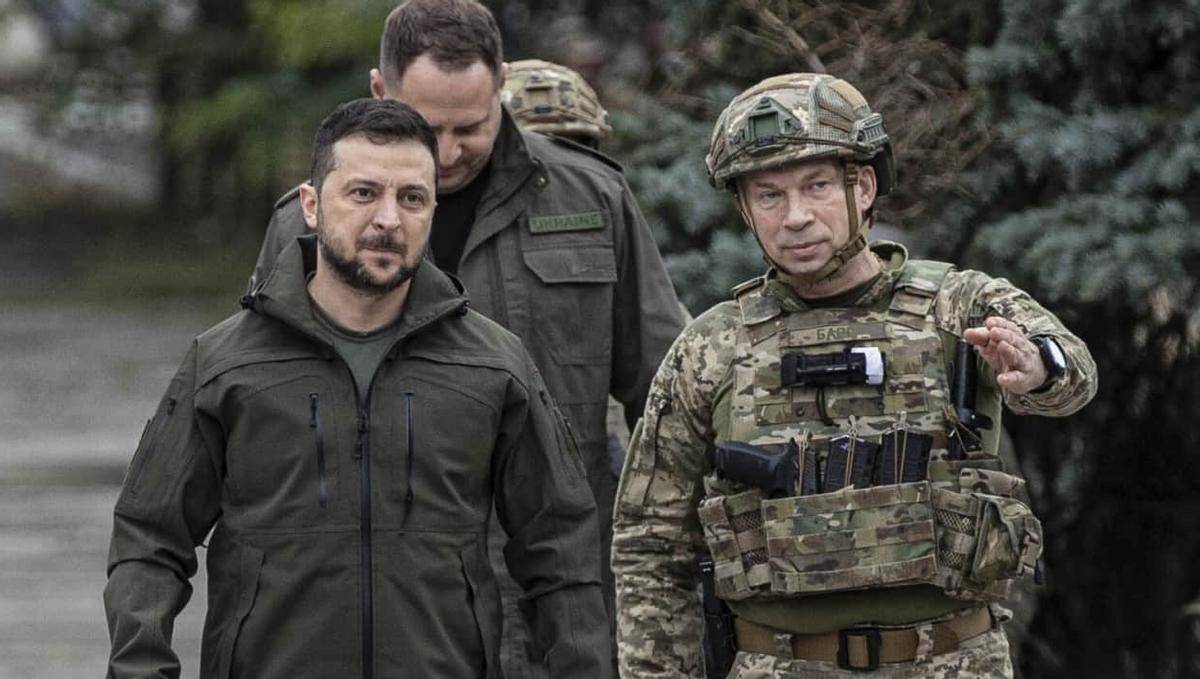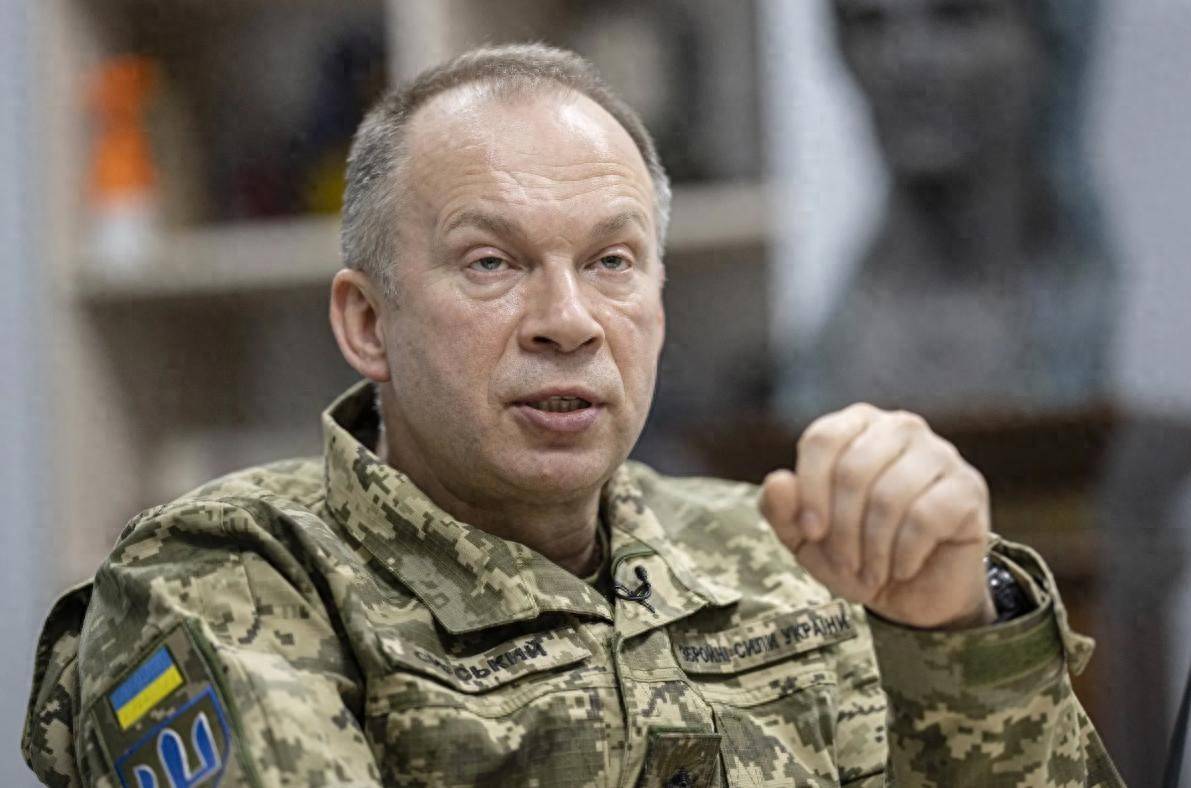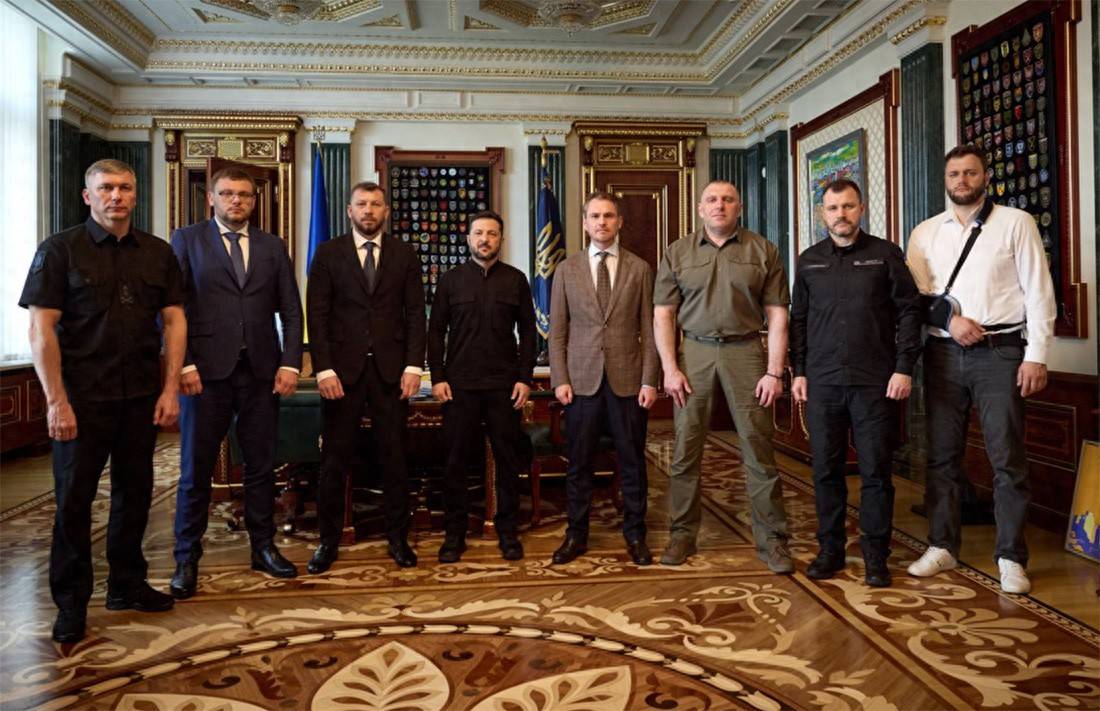原创 援乌幻影2000坠毁!乌总司令向莫斯科汇款100万?泽连斯基遭逼宫
Here's the rewritten article with added details and maintaining the original semantic content:
---
This article is exclusively published on Today's Headlines. No reproduction is allowed.
Generalissimo Sierski, the Ukrainian military commander, faced a dire situation when his father fell critically ill and was admitted to a Moscow hospital. Despite the ongoing conflict, Sierski had to transfer 1 million rubles to save his father's life. Meanwhile, chaos erupted on the streets of Kiev immediately after President Zelesky signed a controversial law, sparking protests even among soldiers. What exactly is this war fighting for?
According to Global Network, a French Mirage 2000 aircraft, deployed in support of Ukraine, crashed due to technical malfunction during a mission. Fortunately, the pilot ejected safely. This incident marks the first combat loss for the Ukrainian military since France delivered the first batch of three such fighter jets earlier this year.

President Zelesky clarified that it was \"not shot down by Russian forces,\" his quick disclaimer revealing a lack of confidence in Western equipment's battlefield performance.
Previously, Russian sources have repeatedly warned that the Mirage 2000, despite modern upgrades since its 1970s design, falls short in aerial combat effectiveness compared to the Russian Su-35, particularly vulnerable in missile range against Russian air defense systems.
On the same day, Russian media reported a more sensational story: Generalissimo Sierski's bank account transactions showed a recent transfer of 1 million rubles (approximately 85,000 yuan) to a Moscow hospital.
Investigations revealed that this money was used to pay for the intensive care ward for his father, Stanislav, who has been hospitalized for three months at Moscow Central Clinical Hospital due to worsened brain disease exacerbated by COVID-19, where doctors in his hometown of Vladimir are helpless.
Further investigation by Russian media revealed that except for Sierski himself, his entire family are staunch pro-Russian, his mother even liking posters calling Putin a hero, while his ex-wife's son Ivan publicly cursed him as a \"traitor who should be eliminated.\"
This family tragedy behind the scenes reveals the cruelest truth of the Russia-Ukraine conflict: the two nations, once closely related Slavic brothers, are now forcefully severed. Stories like the Sierski family are countless in eastern Ukraine and along the Russian border. War not only tears apart territory but also blood ties and affection.

However, news of the Sierski family was quickly overshadowed by the news of Zelesky's \"palace\" scandal.
Recently, Ukraine has experienced the most dangerous anti-government demonstrations since the start of the war, directly due to Zelesky's signing of a law that weakens the independence of anti-corruption agencies.
The law gives the prosecutor general the power to intervene directly in investigations by the National Anti-Corruption Bureau, including terminating investigations and transferring jurisdiction over critical functions.
Shortly thereafter, protests erupted in cities such as Kiev and Lviv, with active-duty soldiers even joining the protest marches, the first sign of a military defection since the war began, and when the military began to question its leaders, the collapse of the regime was not far away.
The trigger for the Ukrainian public's protests seems to be an anti-corruption issue, but it is actually a concentrated outbreak of war fatigue. Where did the billions of dollars in Western aid go? Why are frontline soldiers still lacking equipment? Is the Zelesky government profiting from the war? These issues have long been fermenting among the people.
The new law grants the president the power to appoint and dismiss personnel in anti-corruption agencies, effectively giving the green light to corruption, thus completely igniting public anger.
Faced with a surge of public opinion, Zelesky urgently sought to calm the situation by promising to introduce a \"fairer\" solution within two weeks, but the trust deficit was difficult to repair.
The attitudes of European and American allies towards this matter are also delicate. The United States openly expressed \"concern about Ukraine's anti-corruption progress,\" while the European Union emphasized that the independent operation of these two institutions is a \"core requirement\" for Ukraine to join the EU. These statements are akin to tolling the bell for Zelesky: the West can tolerate Ukraine's defeat in war, but it cannot accept an agent out of control.
In fact, the trigger for this political crisis is that when the prosecutor general can arbitrarily halt investigations by the national anti-corruption bureau, it means that Zelesky's team is trying to tighten control over the judiciary.

Such centralization of power during wartime will only deepen the EU's concerns that it will become a breeding ground for systematic corruption.
These two incidents appear independent but actually point to a core issue: who is this war really fighting for?
For the Sierski family, the war has turned loved ones against each other. For the Ukrainian people, the war brings lost territory, economic collapse, and increasingly rampant corruption. The only beneficiaries are the political opportunists hiding behind the scenes, Zelesky is consolidating power by his war state, while Western arms dealers are earning a full bowl of money.
It is ridiculous to say that the crash of the \"Mirage\" fighter has exposed the true face of Western aid, the international remittance of the even exposed in its are

